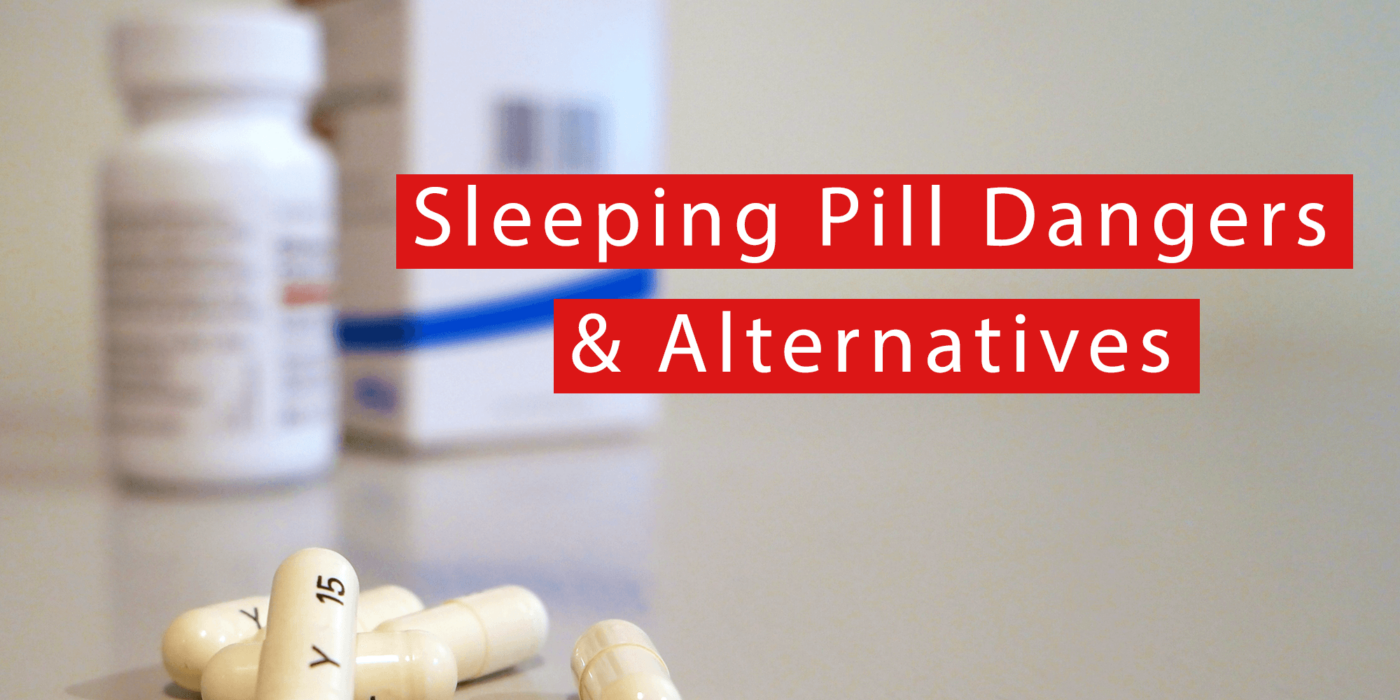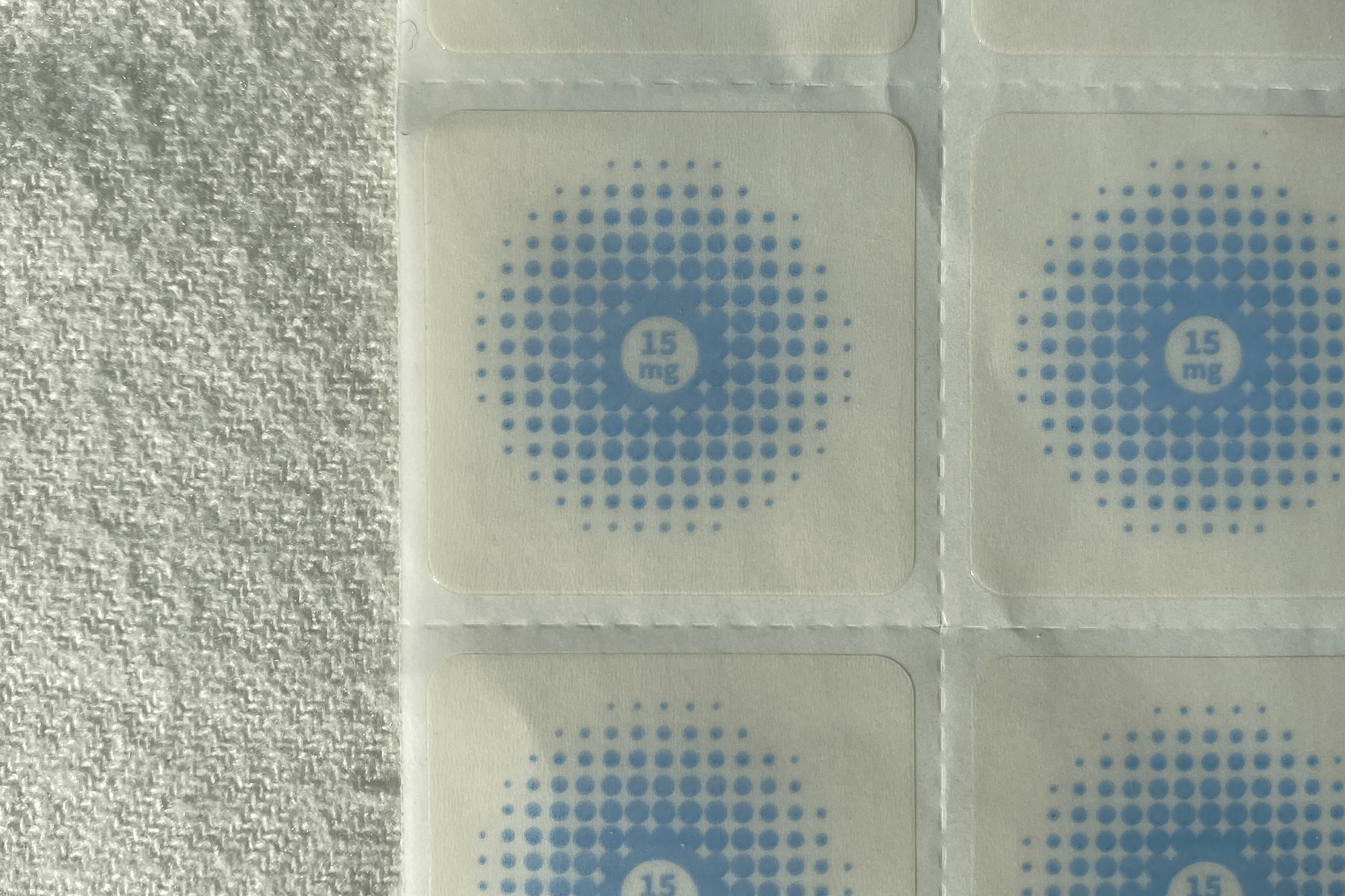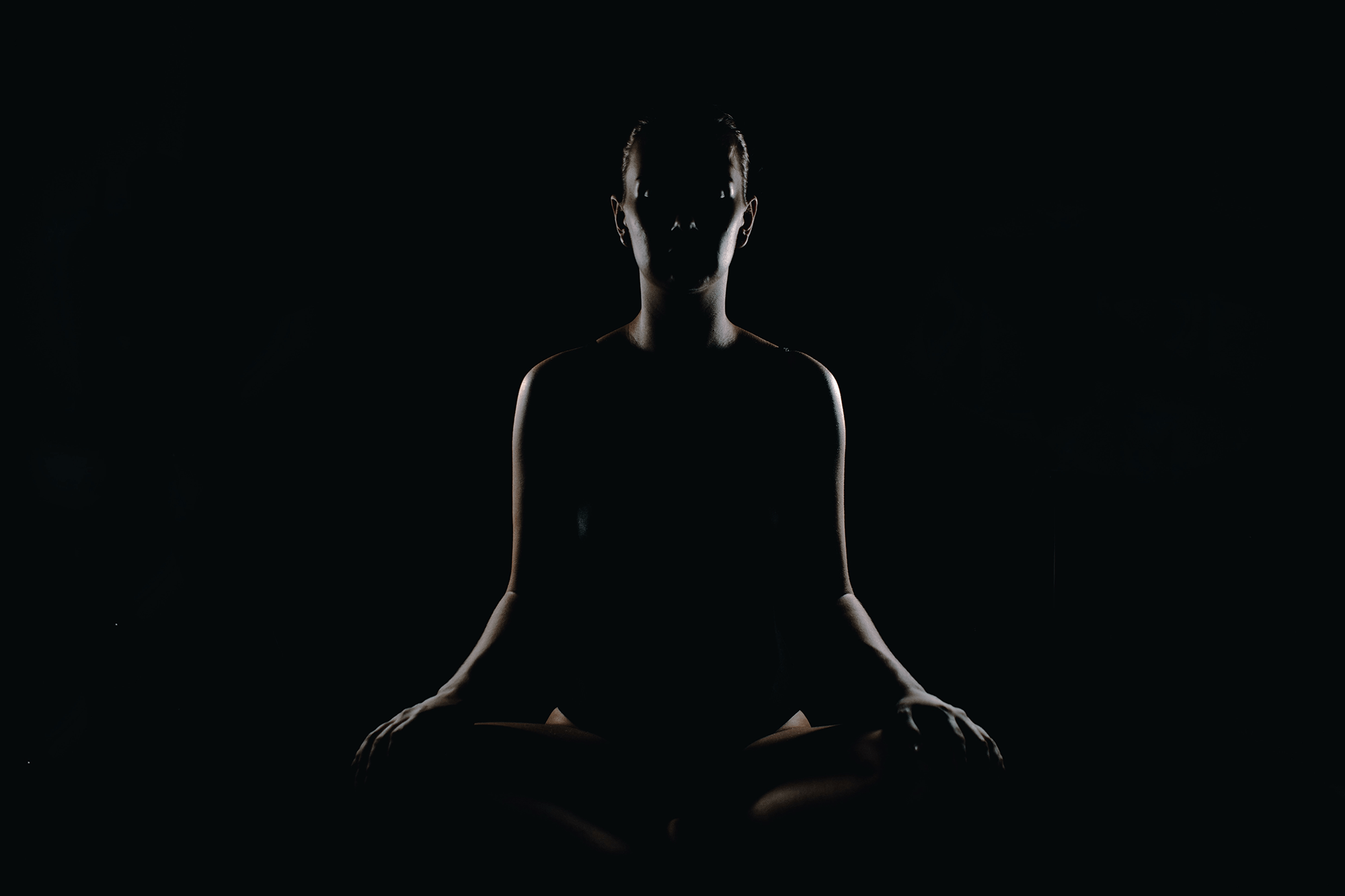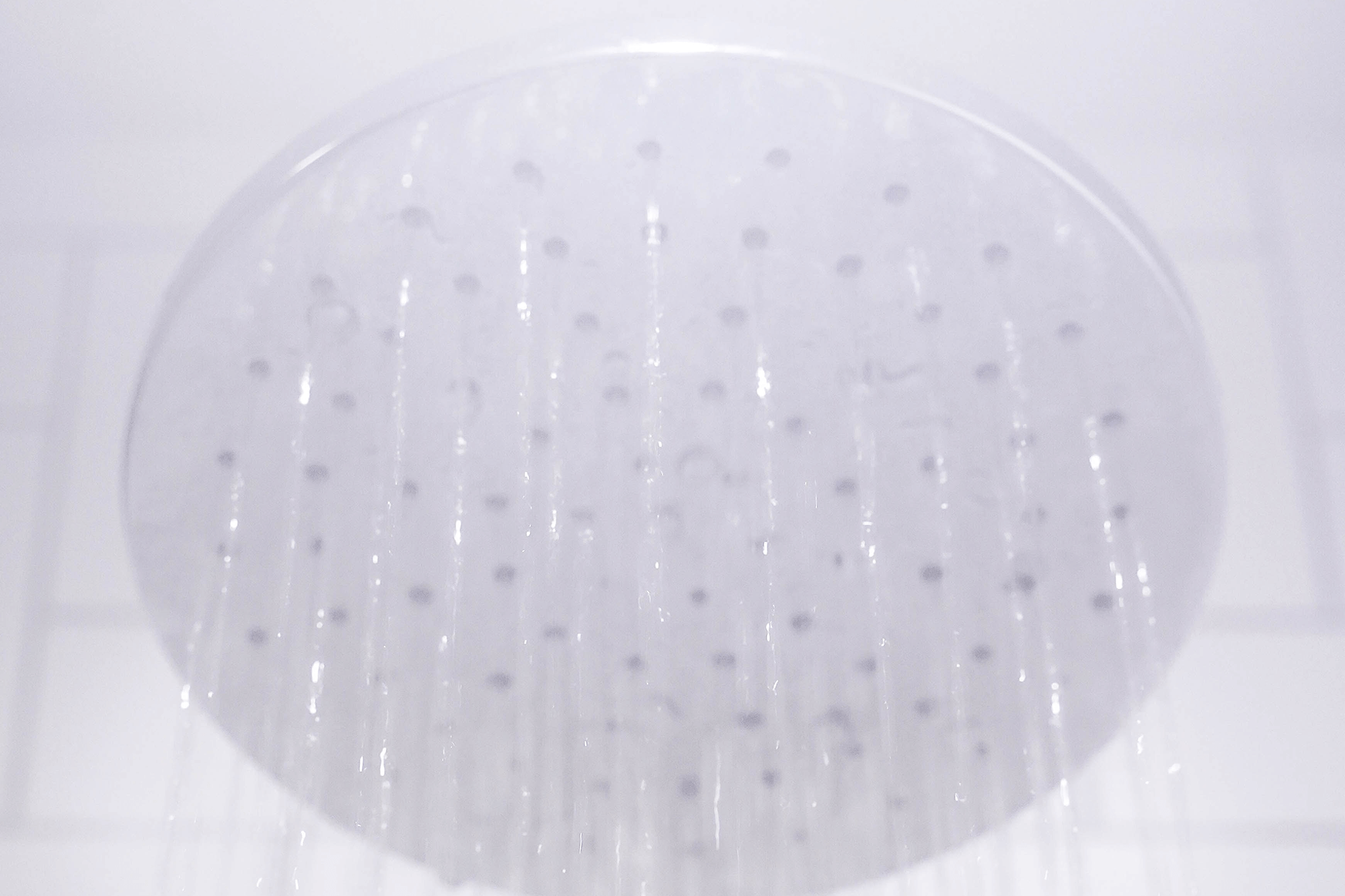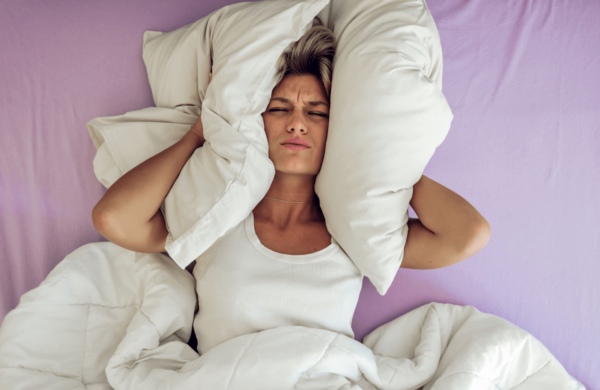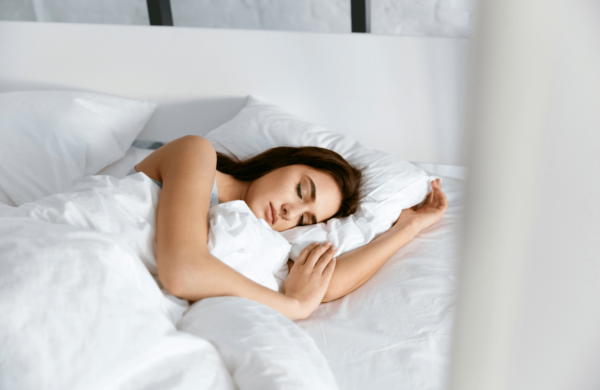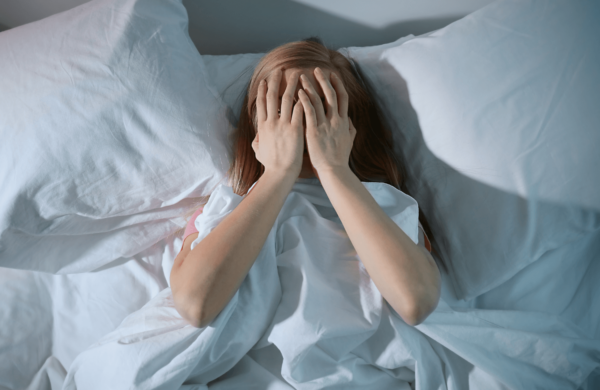Revealing the Dangers About Sleeping Pills UK Online and Discovering Healthier Alternatives
If insomnia has got you tossing and turning at night, just know you’re not alone in this battle.
Countless people across the UK grapple with this sleep disorder, and it’s all too easy to reach for online sleeping pills as a quick fix.
Before you venture down that road, it’s vital to consider the possible risks associated with these medications.
Prescription sleeping pills in the UK may provide you some temporary relief, but the chances are they could have lasting negative consequences on your health and overall well-being.
There’s a reason why they supply & usage of these drugs are controlled, for the public’s safety.
In this post, we’ll explore the realm of online sleeping pills in the UK, examine the potential hazards of depending on prescription drugs, and present healthier alternatives that can assist you in achieving a restful night’s sleep without jeopardising your wellness.

Online Sleeping Pills UK for Sleep
In the UK, several prescription sleeping pills are commonly prescribed for insomnia, such as:
- Nitrazepam
- Zopiclone
- Diazepam
- Phenergan for sleep
These medications function by calming the central nervous system, enabling users to fall asleep more effortlessly and remain asleep for the entire night.
While they can offer much needed respite for those grappling with severe insomnia, it’s crucial to use them under a doctor’s guidance because of the potential for addiction and possible long term health repercussions.
Potential dangers of sleeping pills uk online
Gradually, the body may develop a tolerance to these medications, necessitating higher doses to attain the same results.
This further heightens the risk of addiction and negative health impacts, particularly on the brain.
Ultimately, prescription sleeping pills are definitely not a long term solution for insomnia and should be used with caution.
You can convince yourself that “it’s only going to be this once”, but weeks may pass of constant use of getting better sleep, and now you’ve realised you’re addicted. It’s time to seek more natural & sustainable alternatives for your body, to change your life for the better.

Alternatives to Online Sleeping Pills UK
Instead of relying on prescription sleeping pills, consider trying these healthier alternatives to improve your sleep:
Magnesium Glycinate
Taking around 500mg of magnesium glycinate can help with melatonin production, improving your sleep quality.
The majority of people in today’s society are slightly deficient in magnesium, as the food sources contain lower amounts of magnesium every year, this is a good supplement to add to your sleep routine as you might be deficient anyway.
5-HTP
Supplementing with 200-300mg of 5-HTP may enhance your sleep quality by increasing the production of serotonin, a neurotransmitter that regulates things like mood and sleep.
Please note, if you’re taking any SSRI medications, it’s essential to speak with your doctor before deciding to take any 5-HTP supplementation.

Glycine
Consuming 2000-5000mg of glycine before bedtime could support a restful night’s sleep.
As an amino acid, glycine plays a pivotal role in creating zzz’s inducing neurotransmitters, assisting your body in unwinding and getting ready for a rejuvenating night’s sleep.
It is essentially the building blocks to sleep, as it plays a part in increasing serotonin in the body, which is required to make melatonin.
Ashwagandha
This has become a very popular supplement over the last few years, to help with anxiety, recovery & sleep.
Taking approximately 600mg of ashwagandha may help lower cortisol levels, a stress hormone that can negatively impact sleep.
By reducing stress and promoting relaxation, ashwagandha can contribute to better sleep quality.
Topical Sleep Patches
These patches are infused with natural ingredients like hemp and lavender, known for their calming properties.
Apply a patch to the top half of the back of your arm after drying off from your evening shower, and let the patch absorb into your skin to lull you into a state of relaxation and deeper sleep.
Calm patches
These non-addictive patches are designed to alleviate anxiety and quiet racing thoughts, providing up to 24 hours of relief.
They can help you maintain a more calm and relaxed mindset, enabling you to drift off to sleep more easily.
GABA supplementation
Taking anywhere between 200-500mg of GABA can result in a deeper sleep, as it helps to calm you down by reducing brain activity.
Consult your doctor before using GABA to improve sleep though, as it can interfere with some medications.
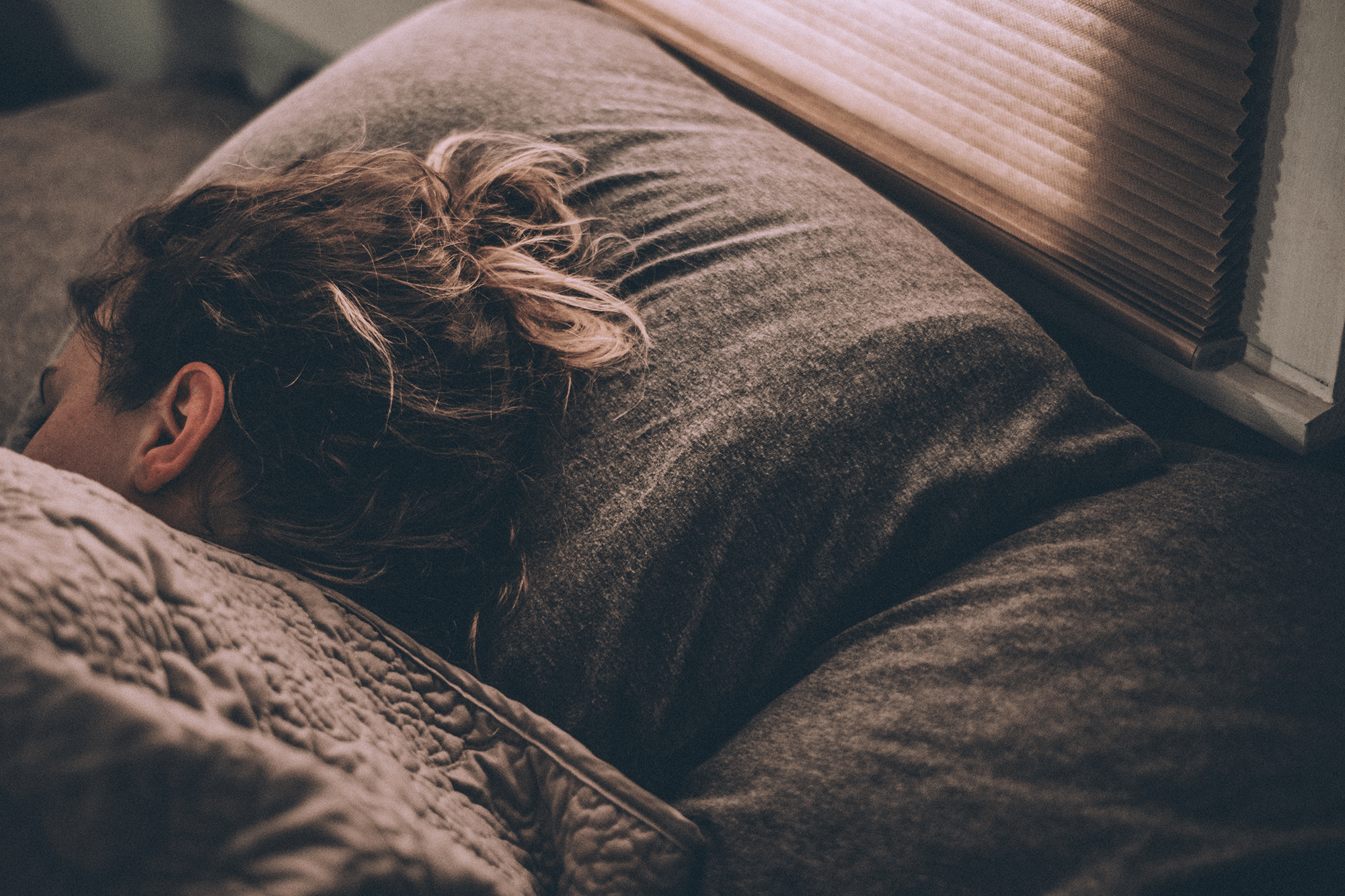
Choline
Supplementing with 250-1000mg of choline can potentially improve sleep quality.
Research indicates that low choline levels in the body may contribute to restless sleep, so maintaining adequate levels could lead to a more restful night.
Phosphatidylserine
Taking 500mg of phosphatidylserine may support restful sleep by helping regulate cortisol levels and promoting relaxation.
There is a debate on whether it is better use this supplement from sunflowers and not animal sources, for safety.
Nothing has ever been fully concluded around the safety of the animal sources of Phosphatidylserine, but it’s something you may need to look into yourself.
L-theanine
This relaxant can be paired with other supplements to promote better sleep.
Between 200-500mg of this supplement is also often used to help negate the negative anxiety side effects of coffee, showing it’s true potential as a calming supplement.
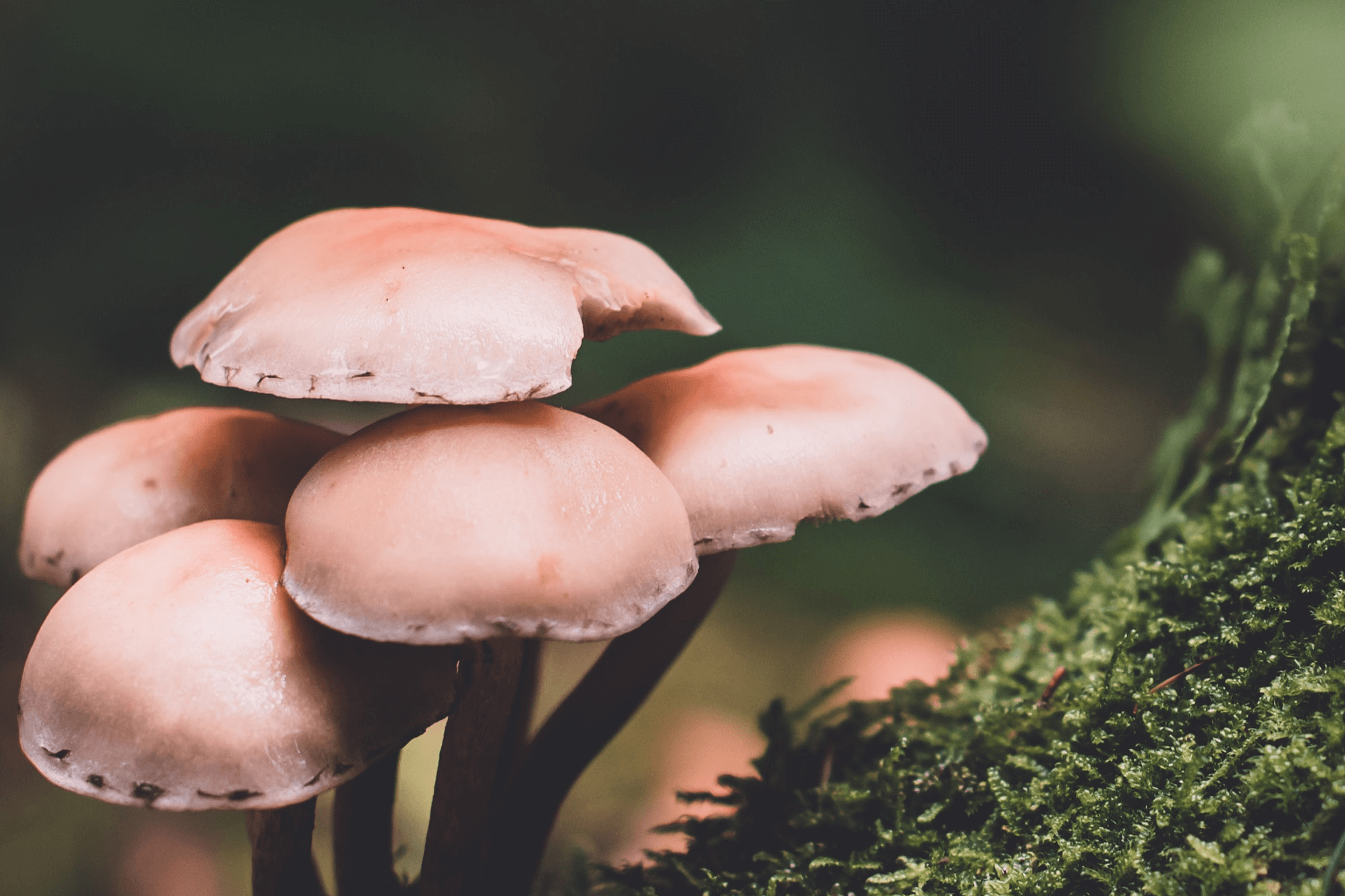
Reishi Mushrooms
Available in supplement form, reishi mushrooms have been known to help improve sleep quality. Additionally, they can help with allergies, which in turn can lead to better sleep during allergy seasons like spring and summer.
Sleep doses for reishi mushrooms range from anywhere between 500mg-3g, person dependent.
Plant sedatives
Herbal remedies like lemon balm, chamomile, and passionflower can provide gentle relaxation and sleep support. However, exercise caution if you’re prone to allergies, as some people may have adverse reactions to these herbs.
Side note: you can actually do intolerance tests that you can buy online, to tell you any plants and substances that you may be allergic to.
You may see some of these ingredients in some sleep supplements, but they aren’t often as powerful as taking thing’s like magnesium, but they may still be worth a try.
Lifestyle Changes for Better Sleep instead of Sleeping Pills UK Online
Meditation for sleep
Embracing meditation techniques can work wonders in enhancing your sleep experience!
Not only does it help your body unwind, but it also jumpstarts melatonin production, paving the way for a delightful night of restful sleep. Give it a try and discover the positive impact meditation can have on your sleep journey, all while keeping it professional and effective.
Cold showers
Do cold showers help you sleep? Daring to take a chilly shower for just 1-3 minutes before hitting the hay might sound a bit daunting, but trust us, it’s worth it!
Most of the time it should help your body relax, but it also kickstarts melatonin production, setting the stage for a blissful night’s sleep.
Give it a go, and you might just find yourself looking forward to this invigorating pre-bedtime routine!
Limit screen time
Make it a habit to ditch those screens at least 3 hours before you plan to hit the hay.
By doing so, you’ll reduce your exposure to blue light, which can be a sneaky sleep saboteur. Instead, unwind with a good book, indulge in some calming aromatherapy, or simply enjoy a peaceful, screen-free evening to set the stage for a restful night.
Vitamin D3
Take vitamin D3 in the morning to optimise hormone levels and prevent sleep disruption. It’s recommended now to take around 5000iu D3 with 100-200mcg of vitamin K2.
Morning sunlight
Expose yourself to morning sunlight to help reset your circadian rhythm. This isn’t always an option if you live somewhere like the UK, but getting outside in the morning after waking can be really beneficial for your sleep.
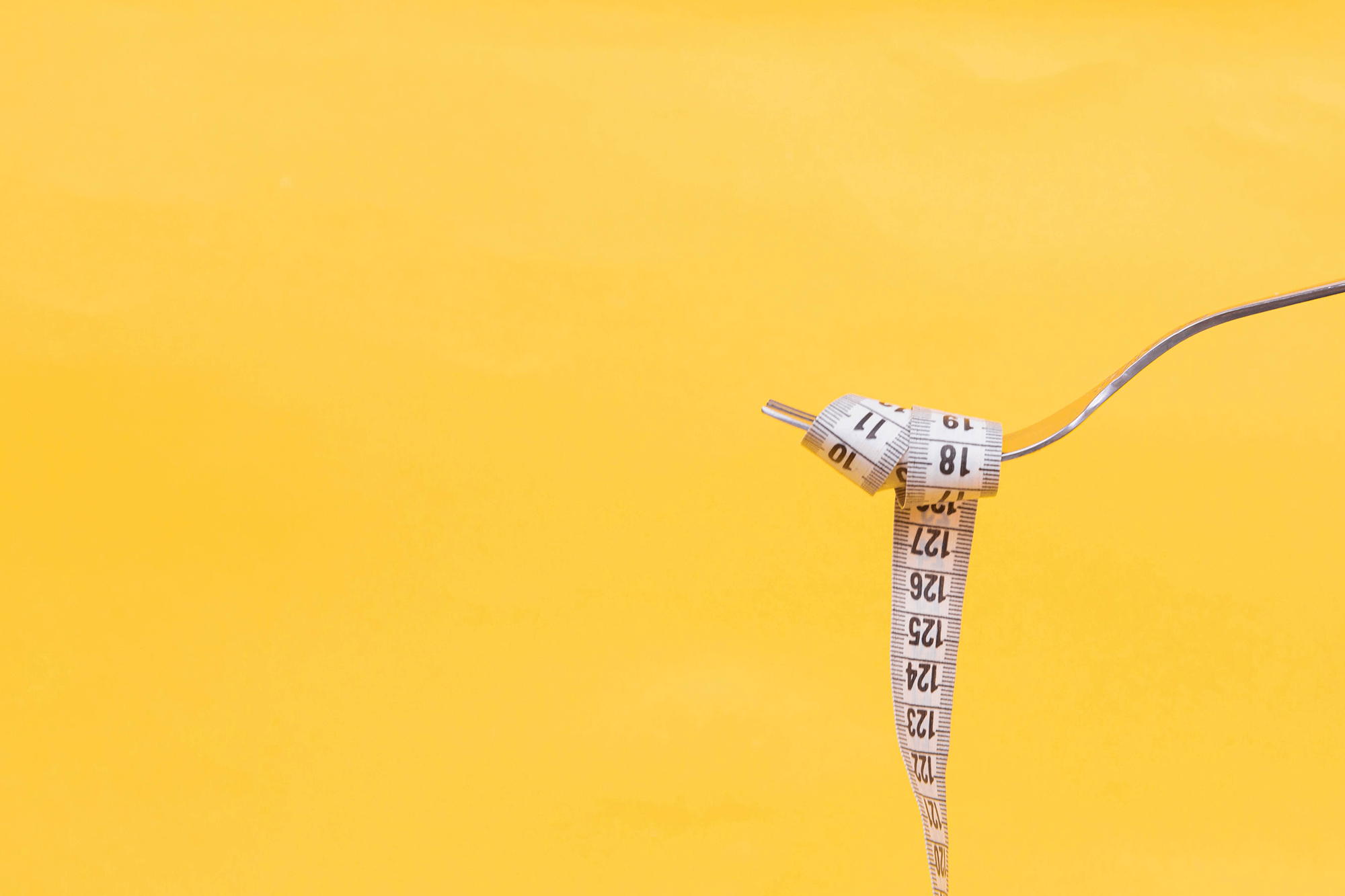
Dieting
Strangely enough, dieting too hard by being in a strong calorie deficit can really disrupt sleep.
As much as losing weight is a positive thing, doing it too fast with a strong calorie deficit can increase the hunger hormone ghrelin, which reduces sleep length and quality.
This is mainly because your body is telling you to wake up, to go and source some food! It’s better to have a calorie deficit of 100-300 calories each day, instead of 400-600 calories.
Exercising
As we’ve just mentioned dieting, the most common thing that is combined with dieting is exercise.
Putting your body through stress through weight training & cardiovascular exercises a couple of times a week, can improve sleep. This is partly due to your body being more tired, as it need to recover from the workouts.
The more energy expenditure that you achieve daily, the more your body will want to rest and recover at night
Top tip; make sure you don’t exercise too close to bed as it might keep you wide awake.
Routine
Go to sleep at the same time every night! This is really common among the best sleepers, as their body’s are trained to get tired around the same time each night.
Combining this with some of the supplements and tools above could really help you against any insomnia issues that you may have.
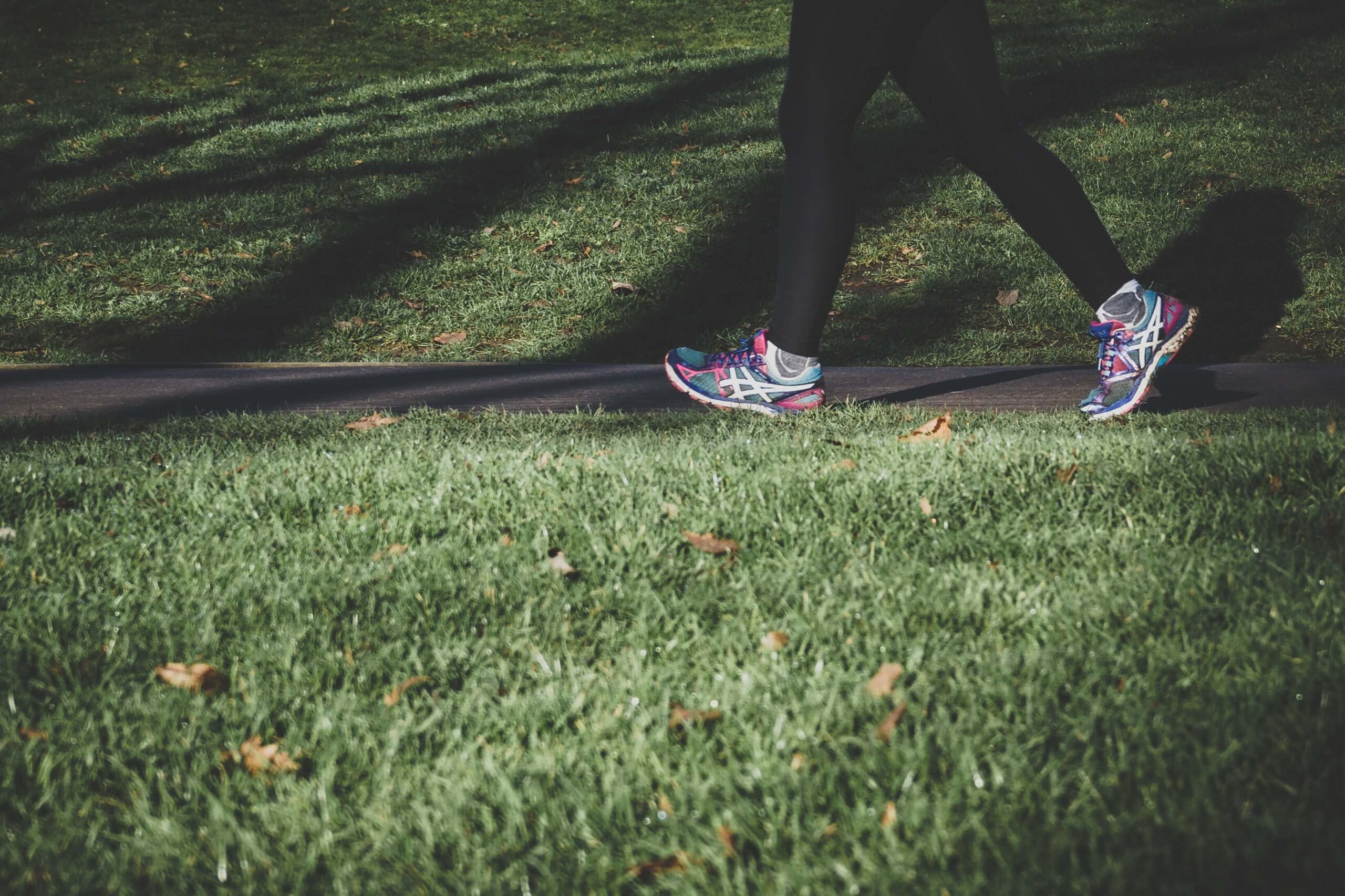
Summary
While prescription sleeping pills can provide temporary relief, they should not be used long-term or purchased online without a doctor’s guidance.
Instead, try the healthier alternatives and lifestyle changes mentioned in this blog post to improve your sleep quality and address the root causes of your insomnia.
By making these adjustments, you’ll be taking a more sustainable and health conscious approach to achieving a better night’s sleep that you deserve.

